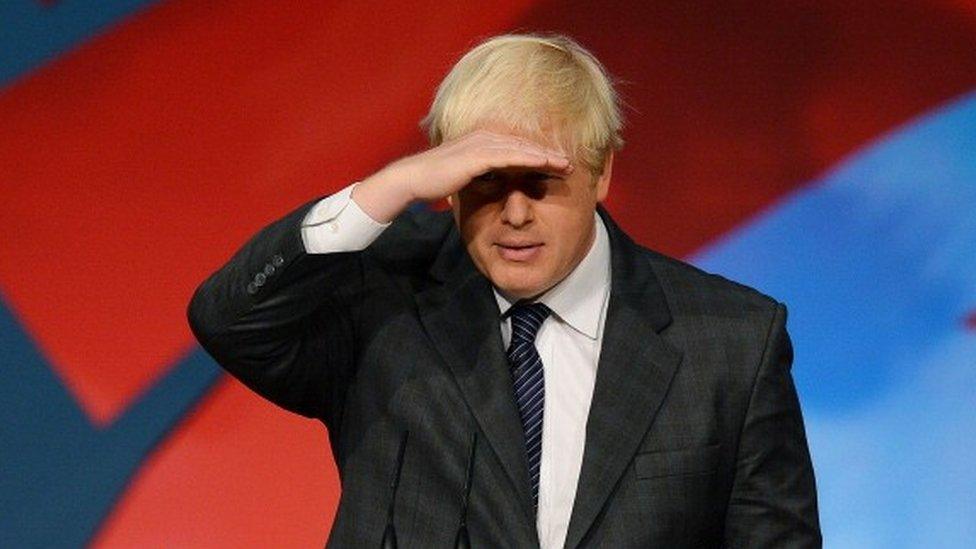London Election 2016: Labour dominate Assembly and mayor votes
- Published
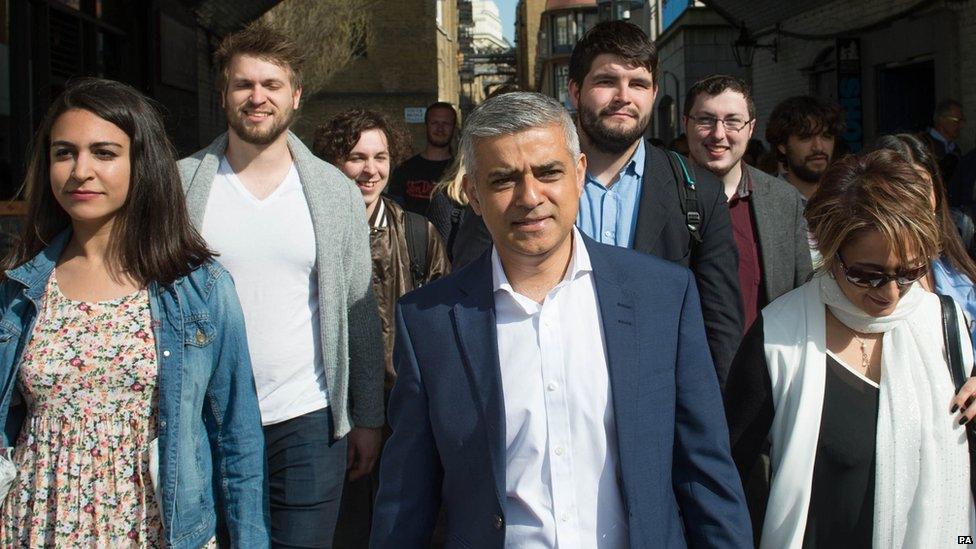
Labour's Sadiq Khan has the largest personal mandate of any politician in UK history
Labour has enjoyed electoral success in London, gaining seats in the Assembly and winning the race to be mayor.
Sadiq Khan claimed the top job after beating Conservative Zac Goldsmith, winning 57% of the votes once first and second preferences were counted.
On the Assembly, 12 seats went to Labour, while the Tories now have eight having lost one to Labour.
The Green Party had the third most votes and have two seats in the Assembly, as do UKIP.
The Lib Dems claimed the last remaining seat.
Mr Khan, who becomes the city's first Muslim mayor, led Mr Goldsmith by 44.2% to 35.6% after first votes were counted.
After second votes were counted, he had 1,310,143 votes compared with Mr Goldsmith's 994,614. His tally gave him the largest personal mandate of any politician in UK history.
His victory ended eight years of Conservative control of City Hall.
The boroughs taken by Labour are Barnet and Camden, Brent and Harrow, City and East, Ealing and Hillingdon, Enfield and Haringey, Greenwich and Lewisham, Lambeth and Southwark, Merton and Wandsworth and North East.
The Conservatives held Bexley and Bromley, Croydon and Sutton, Havering and Redbridge, South West and West Central.
Labour's Leonie Cooper, who gained Merton and Wandsworth from the Tories, said: "It's been a long campaign but we finally won, and we're absolutely delighted as you can imagine."
Go to BBC London Live for the latest election results, reactions and news
Voters were asked to choose first and second preferences for mayor, and two types of London Assembly member - one for their area and one for the city.
Of the votes for the city, UKIP gained two seats while both the Conservatives and Lib Dems lost one each.
The 11 members voted in are:
Kemi Badenoch, Conservative
Shaun Bailey, Conservative
Sian Berry, Green
Andrew Boff, Conservative
Tom Copley, Labour
Nicky Gavron, Labour
David Kurten, UKIP
Caroline Pidgeon, Lib Dems
Caroline Russell, Green
Fiona Twycross, Labour
Peter Whittle, UKIP
The best performing of the smaller parties was the Women's Equality Party.
Party leader Sophie Walker said Mr Khan would have to focus on the gender pay gap in London.
"We opened our doors to membership 10 months ago and look where we are now. We are here for good.
"We set ourselves up to make real change, and to force the other parties to make real change."
The mayor has control over four major policy areas in London - transport, policing, environment and housing and planning.
Along with the mayor, the London Assembly make up the Greater London Authority.
The London Assembly scrutinises the mayor's policies and it must be consulted over the Greater London Authority budget.
It can reject mayoral policies or amend the draft budget if two-thirds of its members agree to do so.
Find out more about who stood in the London elections., external
- Published7 May 2016
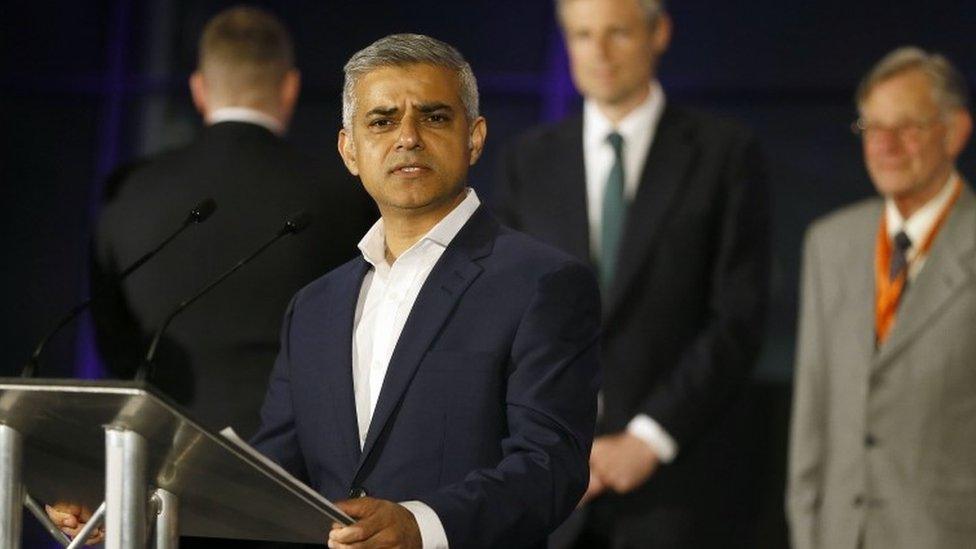
- Published7 May 2016
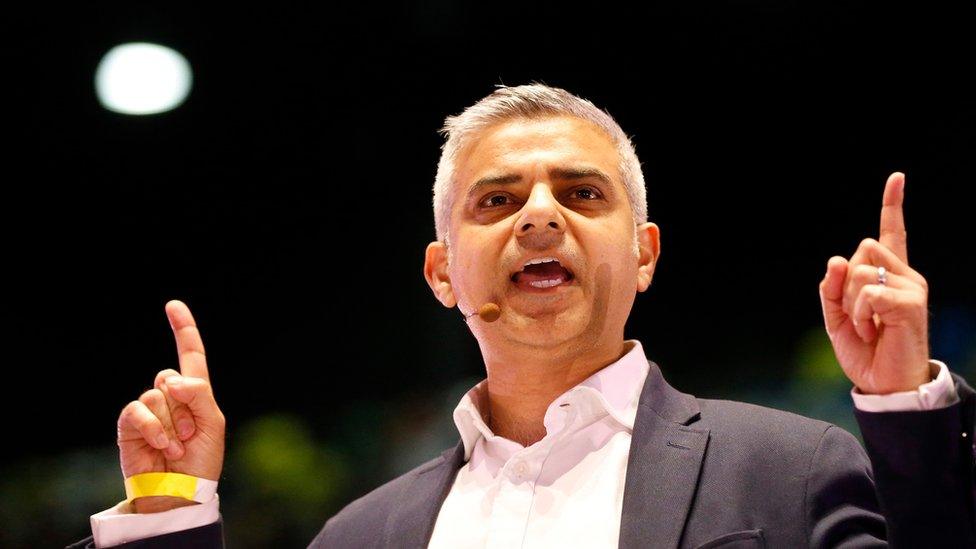
- Published6 May 2016
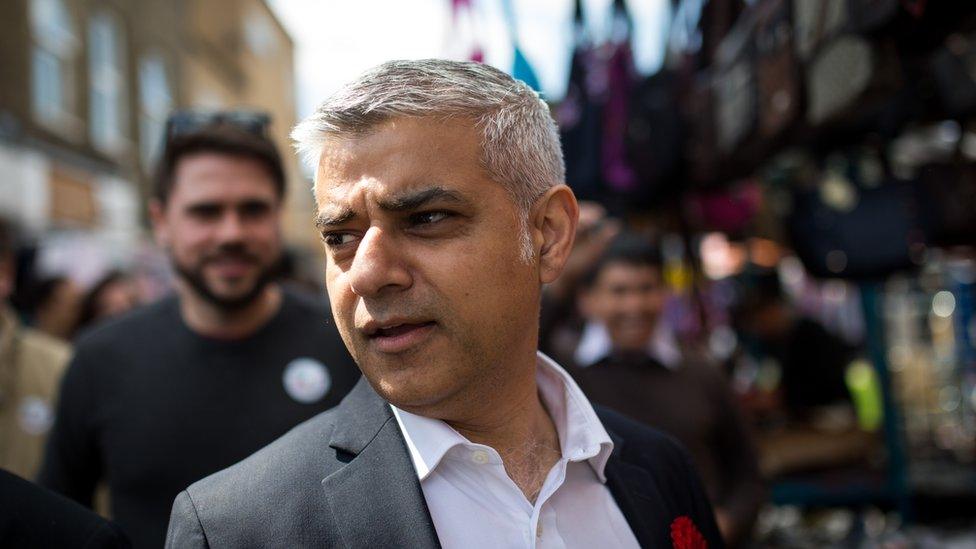
- Published6 May 2016
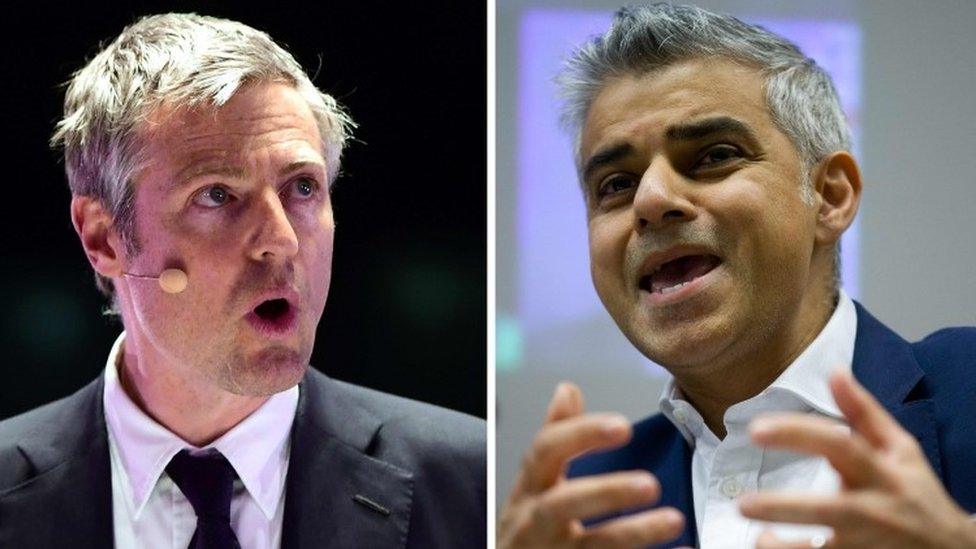
- Published5 May 2016
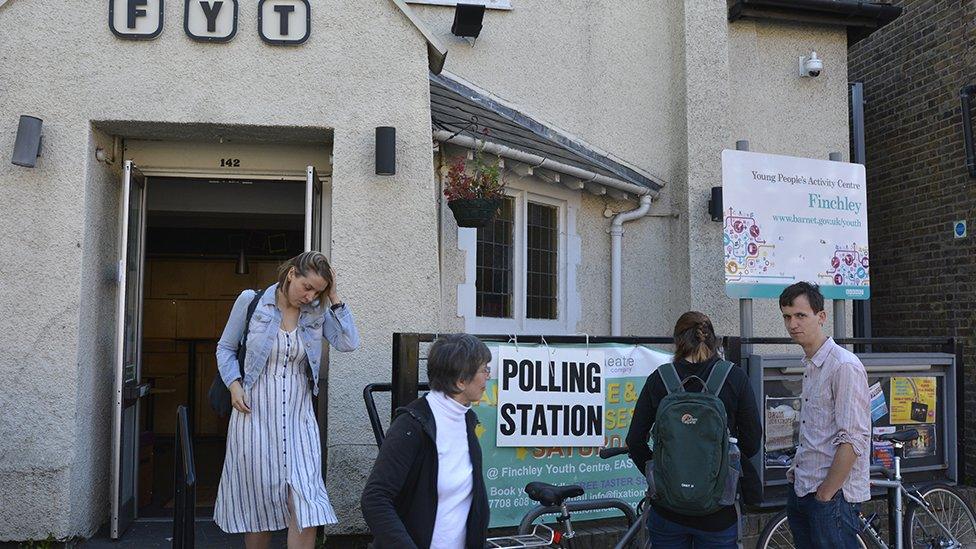
- Published30 March 2016
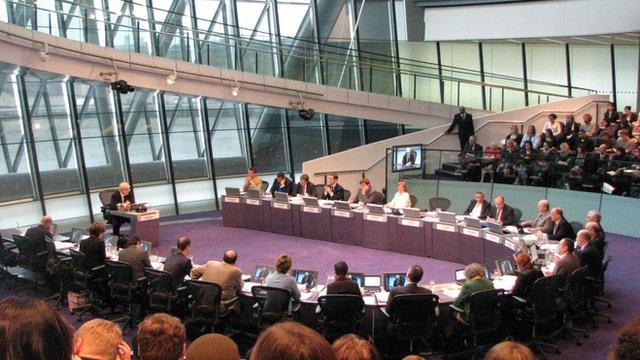
- Published4 May 2016
